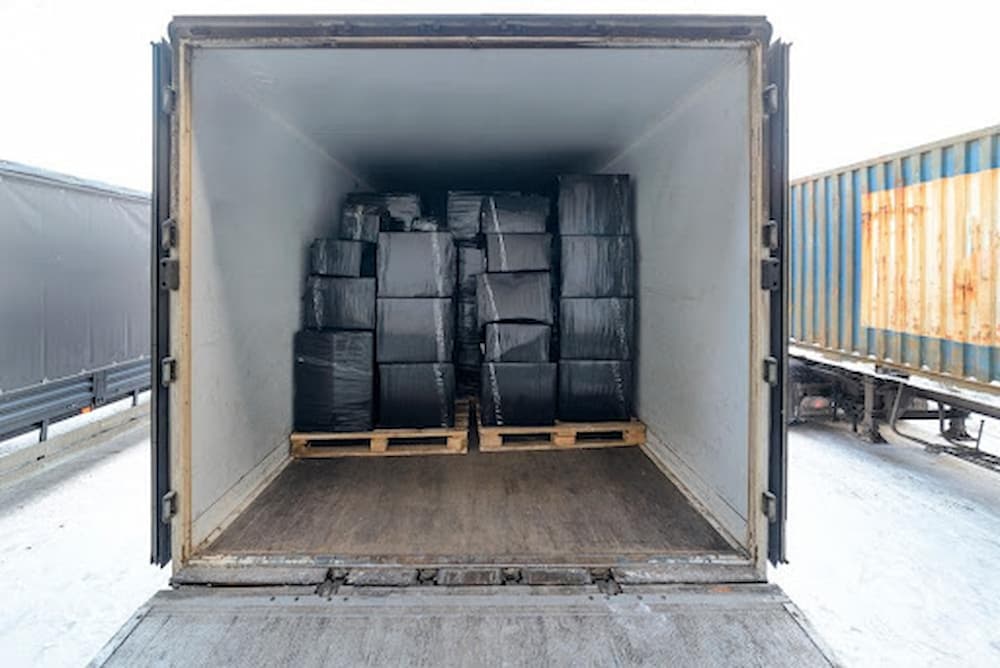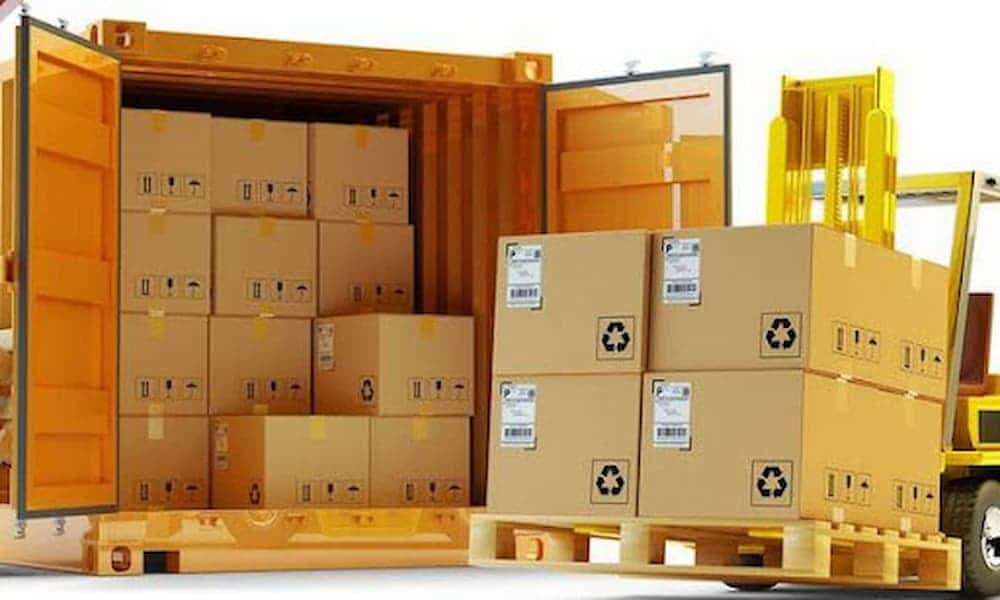Foreign trade is experiencing a turbulent period in international logistics. High values for international freight, lack of empty containers for import and export, ship reservations at least a month and a half in advance are some of the various factors that importers and exporters need to deal with in their routine. The new reality demands the search for alternatives, and today we are going to talk about one that is being used a lot: container sharing. See now a little more about this possibility.
What is and how does a shared container work?
Sharing, as the name suggests, is the division of container space between companies interested in importing cargo that does not need its full capacity.
In a case in which two companies intend to import cargo that may have, together, the maximum size of a container, that is, if the cargo of one represents 70% of the available space and the cargo of the other, up to 30%, the sharing is a good logistical solution for both parties.

Assuming a concrete case and considering a 20-foot container, the available space is approximately 30 cubic meters. The load of the first company must, then, have up to 21m³, while the second company cannot exceed the other 9m³, for example.
The costs would be shared proportionally between the companies: those who imported the largest volume would pay more for freight, storage, handling, etc., while those who imported the smallest volume would pay proportionally less.
Benefits of importing through a shared container
Without a doubt, the biggest benefit is the financial savings. And who doesn't like to save? Sharing a container means that the cost of international freight and some other port expenses will also be shared between the importing companies, so that the charge becomes proportionally smaller for each one of them.
Thinking that a 20’ container coming from China to Brazil is currently costing around USD 10,000 (value available in September/2021), sharing it with another company that pays part of this cost considerably relieves the import operation.
In addition, this type of logistical operation allows small and/or medium-sized companies that do not have, yet, the volume to import a large amount of goods, that is, a complete container, for example, allowing them to add value to the international trade. their negotiations and expand the level of suppliers to the global scope.
Who will I share the container with?
Container sharing can be done with another company known to the first one or not.
In the first case, the two interested parties contact the international cargo agent and inform them that they want to share a container. It will also be necessary to inform the exporter in advance about the place where the goods must be delivered for consolidation, which can take place in the warehouse yard at the origin indicated by the cargo agent.
In the second case, a specialized company can act as a consolidator, indicating the availability of sharing to that company that is interested in the service. The consolidator will predestinate delivery deadlines and locations for two or more companies and their respective international suppliers, making it possible to plan efficiently until the time of shipment.
In both scenarios, there must be fluid communication between those involved in logistics (importers, freight forwarders, consolidators and suppliers), since the loss of deadlines by one of the companies involved can indirectly affect all others in the sharing.
Which are the costs of importing per shared container?
The sharing-at-origin service is the first of the costs to be mentioned, as it requires a lot of technical knowledge about international logistics. This service can be charged by the cargo agent or by the company that is acting as consolidator.

International freight and port expenses must also be paid by whom contracted the service, but in proportion to the space occupied by the cargo in the container and in the bonded warehouse at the destination.
In addition to the costs of the sharing process itself, the other amounts related to the importation will need to be equally disbursed, such as federal (II, IPI, PIS and COFINS) and state (ICMS) taxes, customs clearance fees and other costs of displacement of the cargo until the moment of its effective delivery.
Through an overall analysis of the import project, it is possible to understand whether a given operation is suitable for sharing. This study must be carried out in detail, as it will establish the feasibility of this logistical option.
Therefore, it is recommended to always have the critical eye of a professional who has expertise in the subject, avoiding erroneous hiring that lead to unnecessary extra costs. Count on us, we have a team specifically trained to operationalize this type of shared container service.
